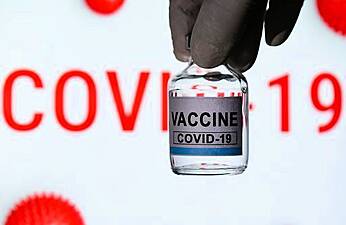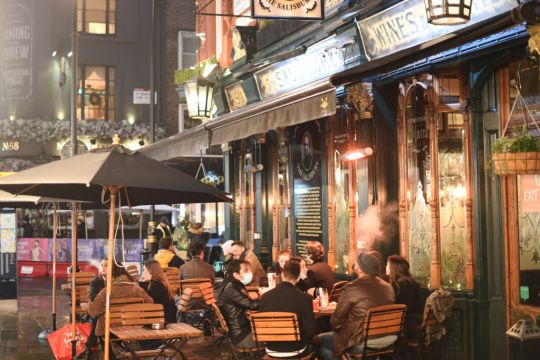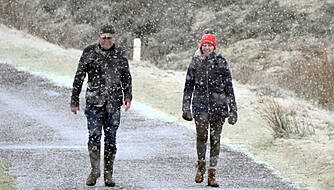An independent group of academics and doctors from both sides of the Border has set out an alternate plan for tackling the pandemic to that of the National Public Health Emergency Team (Nphet).
In a letter to Government and senior public health officials, the Independent Scientific Advocacy Group (ISAG) on Covid-19 said alternatives to the lockdowns advocated by Nphet had not been given “serious consideration” in Ireland.
It called for Ireland to become a European leader in managing the virus, setting out an “exit strategy” for the pandemic which it says will save lives and the economy before vaccine-based population immunity becomes a reality in late 2021.
Writing on behalf of the group, Dr Anthony Staines said its view was that Covid-19 cases would continue to rise “steadily over Christmas” leading to potential “yo-yo lockdowns” in January and beyond.
“It’s likely that this cycle will repeat at least once more before vaccines are widely available, as we expect that it will be August, at the earliest, before vaccines can interrupt transmission,” the Professor of Health Systems at DCU wrote.
Normal life
The group said each of these lockdown cycles would cost jobs and businesses, making the rapid control of the virus “our best option for jobs and businesses, as well as for lives and health.”
“It has been suggested, for example, that ‘wet’ pubs might not reopen until November of 2021. Few will survive that long,” Dr Staines wrote.
“No serious consideration has been given to other well-established, and less costly, public health measures for outbreak control, such as case finding, source identification, and supported isolation.”

The ISAG set out proposals based on “public health experience, on well-established science” and its “knowledge of Ireland,” with the goal of preventing a third lockdown and facilitating a return to “normal social life”.
The plan is as follows:
- Continue with current restrictions, capitalising on the fact that schools will be closed over the holiday period, until community cases reach a low enough level to be manageable. Defined areas would then open up and stay open as they get to zero cases.
- Quarantine all incoming international travel to Ireland in hotels, in order to prevent new seeding of the virus in the community.
- Manage movement within Ireland to prevent infections spreading from one county to another. “Travel bubbles” or a system or permits could be established at boundaries between two counties, including those either side of the Border, to allow daily commuters to go about their normal business.
- Continue to prevent infections using hand hygiene, ventilation, social distancing and mask wearing.
- Continue to test, trace and isolate with the provision of better resources, which can only be effectively achieved when case numbers are less than 100 per day. Each case that emerges must be dealt with like a “murder,” with swift and thorough contact tracing and testing to nip outbreaks in the bud.
- Roll back the above measures geographically as counties reach very low numbers of cases. If two or more counties reach very low levels of cases, they could form a common “bubble” with free travel. Eventually, all of Ireland will reach that stage, and only international travel will be controlled.
- Support those required to isolate or live under restrictions, with consistent economic support provided for sectors forced to temporarily close and no financial or job security penalty for those who have to isolate.
The ISAG concluded that many countries have already successfully eliminated community transmission of the virus and have resumed normal life for months, citing Australia, China, Iceland, New Zealand, South Korea, Taiwan, Thailand and Vietnam as examples.
It called for coordination and cooperation between the governments of the Republic and Northern Ireland, but said its plan “outlines a strategy that works even if coordination with the North does not happen to a significant extent.”







